
Seventy-seven percent of institutions across K-12 and higher education have identified a cyber attack on their infrastructure within the past 12 months, according to a new survey from cybersecurity company Netwrix.
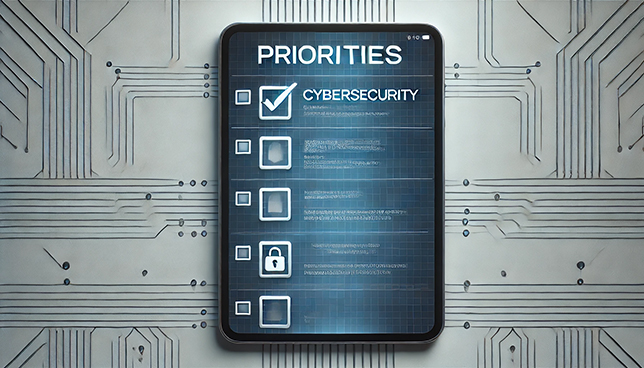
Cybersecurity remains the top ed tech priority for state education leaders, according to the 2024 State EdTech Trends report from the State Educational Technology Directors Association.

The United States Department of Commerce is proposing a new reporting requirement for AI developers and cloud providers. This proposed rule from the department's Bureau of Industry and Security (BIS) aims to enhance national security by establishing reporting requirements for the development of advanced AI models and computing clusters.

The application filing window for the Federal Communications Commission Schools and Libraries Cybersecurity Pilot Program will be open from Sept. 17 to Nov. 1, 2024.
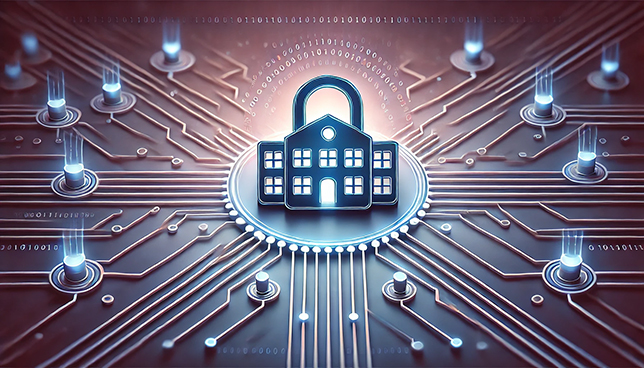
The Universal Service Administrative Co. (USAC) has just released information on how to begin making administrative updates to prepare the user permissions necessary for the Federal Communications Commission Schools and Libraries Cybersecurity Pilot Program.
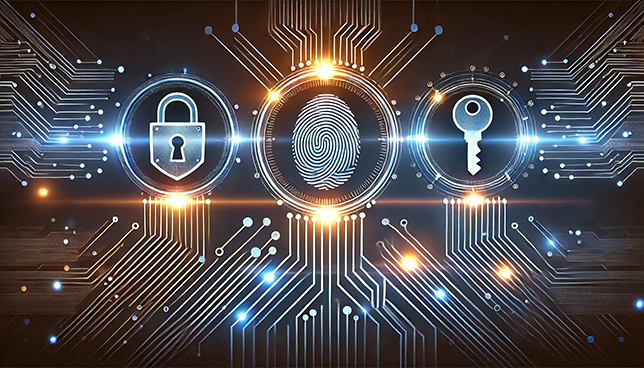
Microsoft will require multifactor authentication (MFA) for all Azure sign-ins, starting in October.

Microsoft has announced the general release of Face Check with Microsoft Entra Verified ID, a consent-based method used to confirm a person's identity.
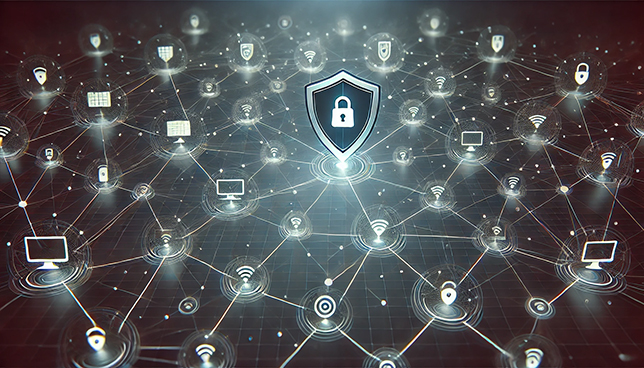
OpenVPN, an open source virtual private network (VPN) system integrated into millions of routers, firmware, PCs, mobile devices and other smart devices, is leaving users open to a growing list of threats, according to a recent report from Microsoft.

A new report examines how advanced AI can help perform adversarial testing with red/black teams and provides recommendations for organizations to do just that.
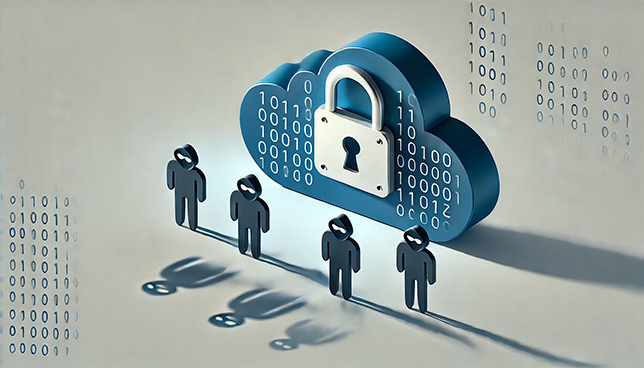
The No. 1 cybersecurity threat in the cloud has changed from a couple years ago, according to a new report from the Cloud Security Alliance (CSA), which provided handy mitigation strategies and suggested AI can help (or hurt).